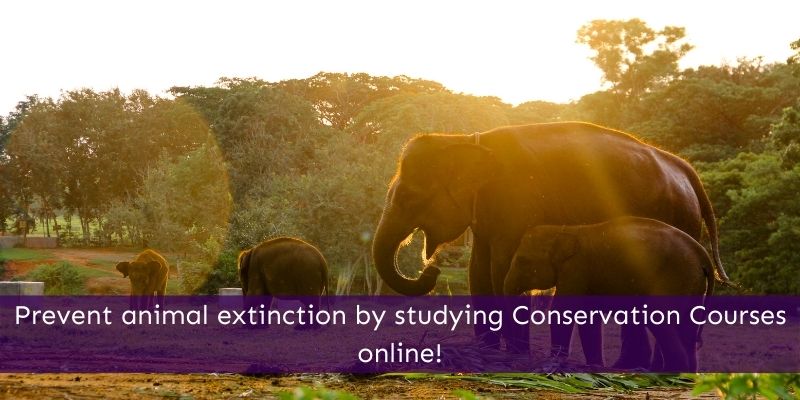Now is our chance to end animal extinction. A recent report from the Intergovernmental Science-Policy Platform on Biodiversity and Ecosystem Services (IPBES) measured extinction rates around the world. Shockingly, the report warns that humans are driving one million species to extinction.
“The health of ecosystems on which we and all other species depend is deteriorating more rapidly than ever. We are eroding the very foundations of our economies, livelihoods, food security, health and quality of life worldwide.”
The report is a stark warning of the damage caused by humans on the ecosystems. However, it does offer hope, and if we collectively act now, it will not be too late to make a difference.
“Through ‘transformative change’, nature can still be conserved, restored and used sustainably”.
Thankfully there are many organisations around the world dedicated to preserving and encouraging biodiversity. For example, charities such as the World Wildlife Fund (WWF) and Born Free are actively working to save endangered species from extinction.
One way that we can contribute to protecting our precious wildlife, and all life on our planet, is by educating ourselves. At Animal Courses Direct we’re passionate about animal welfare and species protection. We have short courses that will give you an introduction, or top up your knowledge, on an area, through to in-depth qualifications packed with knowledge and practical experience.
Each species needs a champion. We’ve collected a few of our well-respected courses to start you on your way.
Coral Reef and Ocean Acidification: Destruction of Marine Ecosystem
Global warming is negatively affecting marine ecosystems right now. Climate change has contributed to higher concentrations of carbon dioxide which in turn, has caused a drastic reduction in ocean pH levels. This catalyst has altered the essential chemical balance and has led to ocean acidification.
This short course focuses on the complex coral reef systems and investigates the effects of ocean acidification and global warming and their impact on our planet. You will have the chance to learn about the disastrous effects of coral bleaching and the destruction of these essential marine ecosystems that harbour more than half of the ocean’s biodiversity.
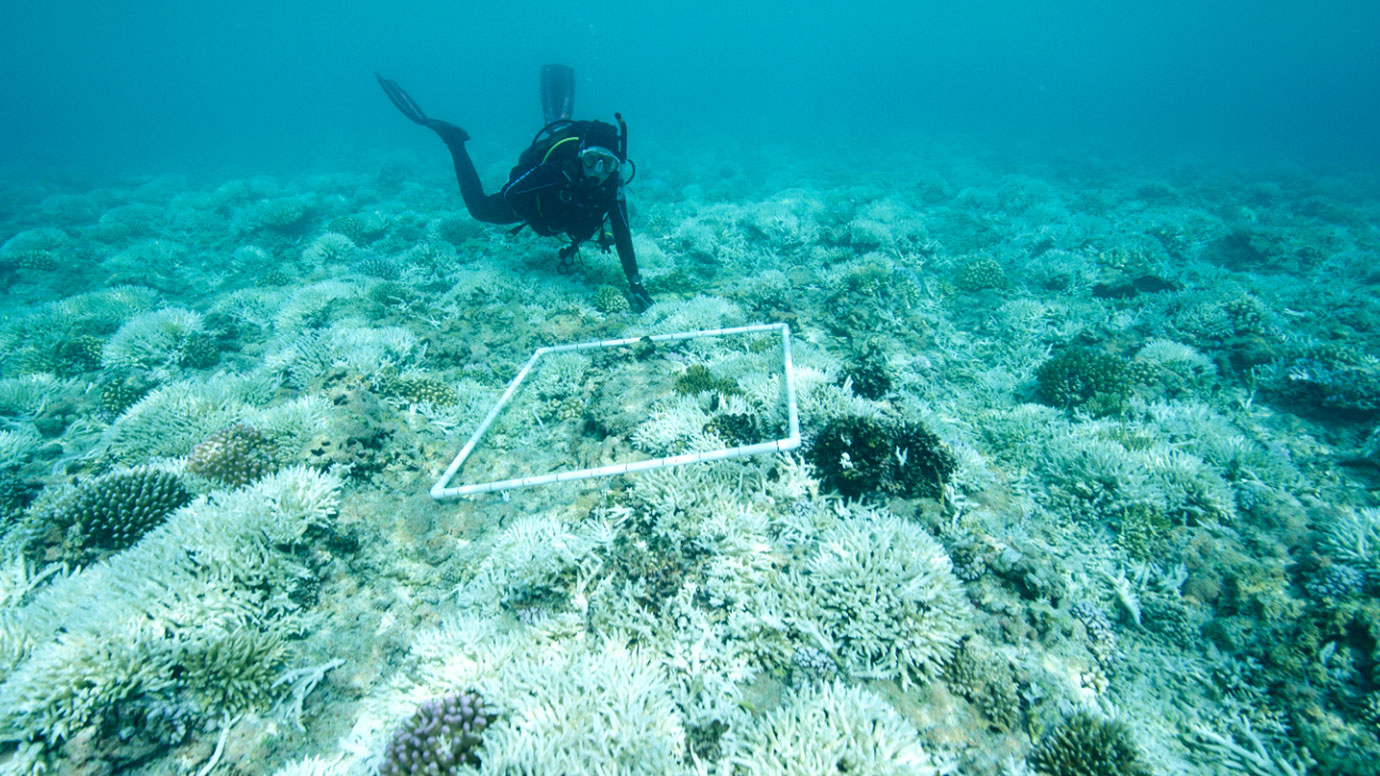
Sustainable Fishing in Our Oceans
A sustainable fishery is one that can meet the (increasing) needs of humans without harming the long-term future of the marine ecosystem. Sustainable fishing is possible if we understand and respect the ecosystems around us. There are reassuring examples of biodiversity flourishing and fish stock increasing in ‘Fully Protected Areas’ of the ocean.
This interesting short course focuses on the flow of energy within the marine food chain. You will have the chance to learn about:
- The different fishing techniques used
- The impact of fisheries and fishing on the environment
- The practice of sustainable fishing
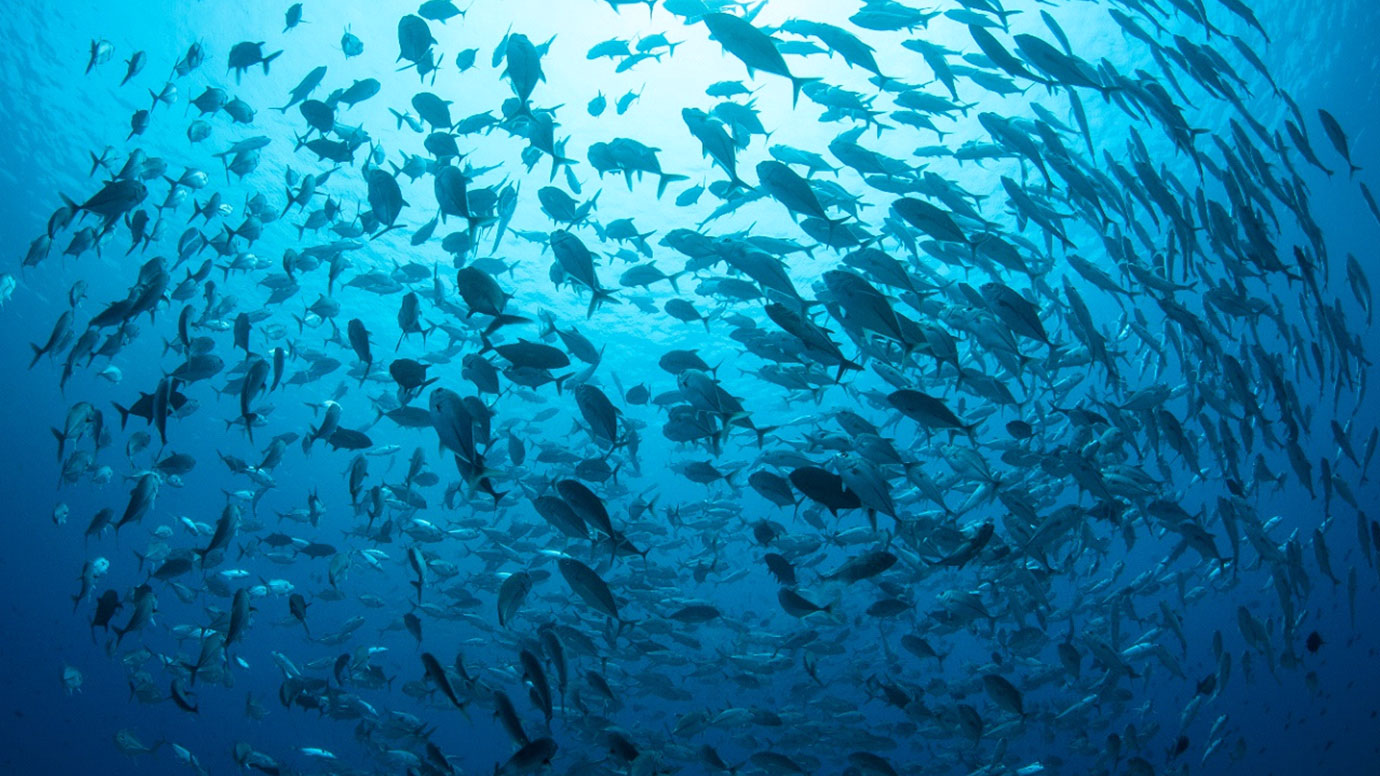
Conservation: A Global Perspective on Reptile Survival
The reptiles we share our planet with today have their roots in our ancient history. Sadly, reptiles now face many threats, many of them caused by humans, and their populations are in decline. There are many factors that can have a negative impact on the reptile population. These include:
- Loss of biodiversity
- Habitat damage
- Roads and industrial/retail development
- Disease
- Pollution
- Climate change
This course looks ahead to the future of reptiles. As humans are the biggest threat to their survival, it is up to us to help them thrive. Together we can work to:
- Raise awareness
- Conserve and protect reptile habitats and their food sources
- Reduce pollution
- Monitor climate change and act to reverse it
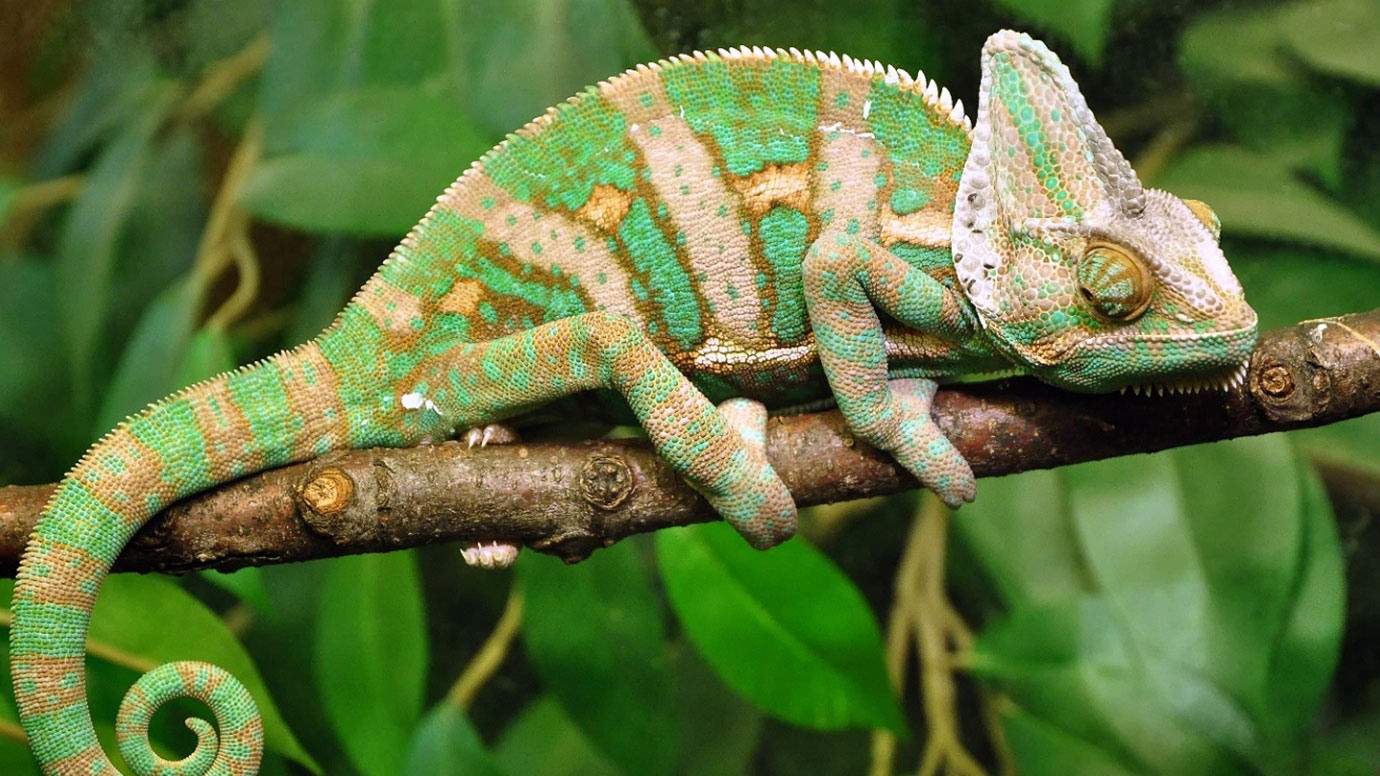
Issues and Challenges Affecting African Wildlife
African wildlife is diverse and majestic. Large animals such as lions, elephants and giraffes attract thousands of tourists to the continent each year. And yet, the ecosystems in Africa face several threats such as:
- Increases in temperature and altered rainfall patterns
- Removal of top predators from an ecosystem (through poaching etc) can result in the overpopulation of prey species, which often leads to degradation of the land through over-grazing
- Natural events such as volcanic eruptions, tsunamis, earthquakes, and fires
This short course looks at the major crises currently affecting African Wildlife species such as elephants, primates, and predators. During the course, you will be able to explore some of the conservation threats in more detail and learn about the conservation efforts that are working to protect these amazing species.
You can always travel abroad and help support wildlife charities by volunteering. There are hundreds of organizations around the world that rely on volunteers to help and support their animal conservation efforts. Visit our Volunteering in Africa to discover these organizations.
Zoology Diploma
Zoology is a huge subject and no wonder as there are an estimated 8.7 million animal species living on our planet today! This comprehensive Zoology diploma qualification explores what life is and looks at how it has been able to diversify into such numbers. You will have the chance to examine the chemical and physical properties of life and how this life has evolved from single-celled organisms into the diverse animal life we share our home with today.
Over 6 units packed with interesting learning you will cover:
- Origins of Life and Evolutionary Theory
- Animal Diversity
- Animal Architecture
- Mammals
- Finding Food
- Animals and the Environment
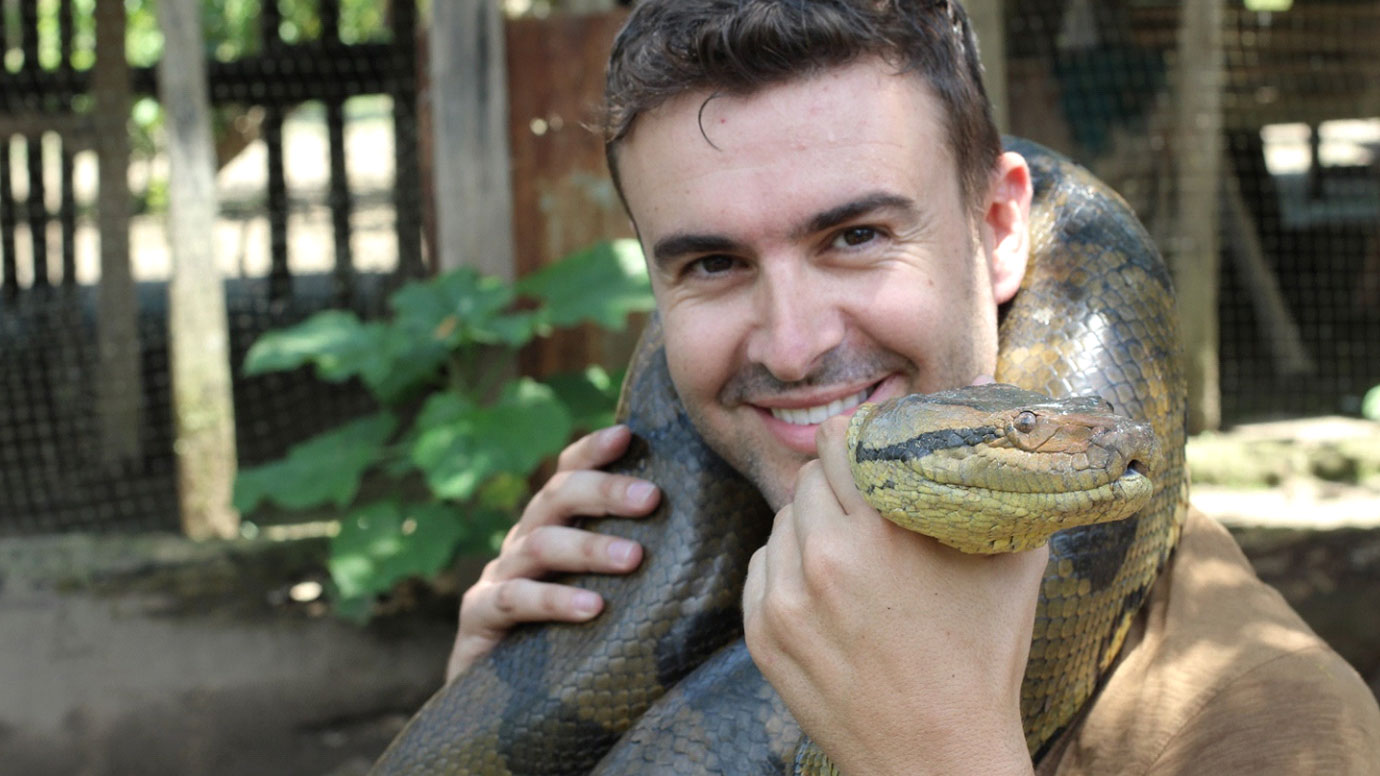
Responsible Tourism
Tourism is the world’s fastest-growing industry, and it can bring many benefits to many areas. However, tourism can also be destructive and unmindful of the complex ecosystems and habitats that make up our planet. The concept of Responsible Tourism aims to offer a better alternative to mainstream tourism.
We’re proud to let you know that our Responsible Travel diploma course has been developed by award-winning responsible tourism operators. The course unpacks what responsible tourism is. A significant section of the learning is devoted to animal welfare and conservation and, as part of the course, you will have the opportunity to design your own Responsible Tourism Itinerary.
As we’ve seen, animal extinction is a real and pressing need that we urgently need to address. Our future depends on passionate, knowledgeable people working to make a difference. If we act now, we can make a difference and work to bring climate change and our precious ecosystems back into a stable balance.
Study Animal Conservation Online
The best way we can prevent animal extinction from continuing is to study conservation and learn the best ways of safeguarding wildlife species for years to come. Thankfully, we have numerous online courses that can help you obtain this vital education conveniently from home. Click below to discover each of these in more detail our call our Course Advisors for more information on 01202 006 040 now!Also, if you adore animals, you can keep track of all upcoming animal awareness days and events with our FREE calendar! Download it here.
